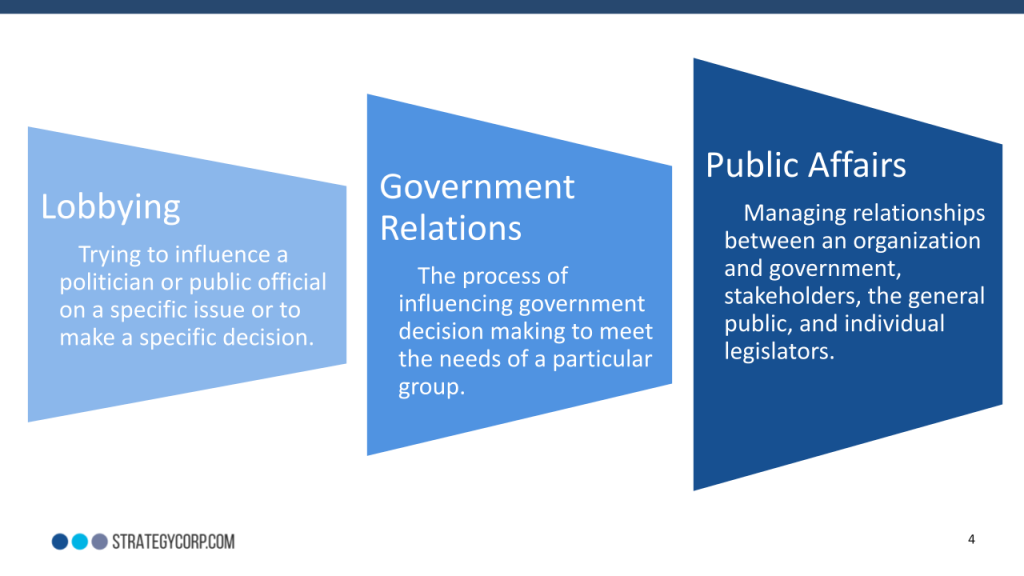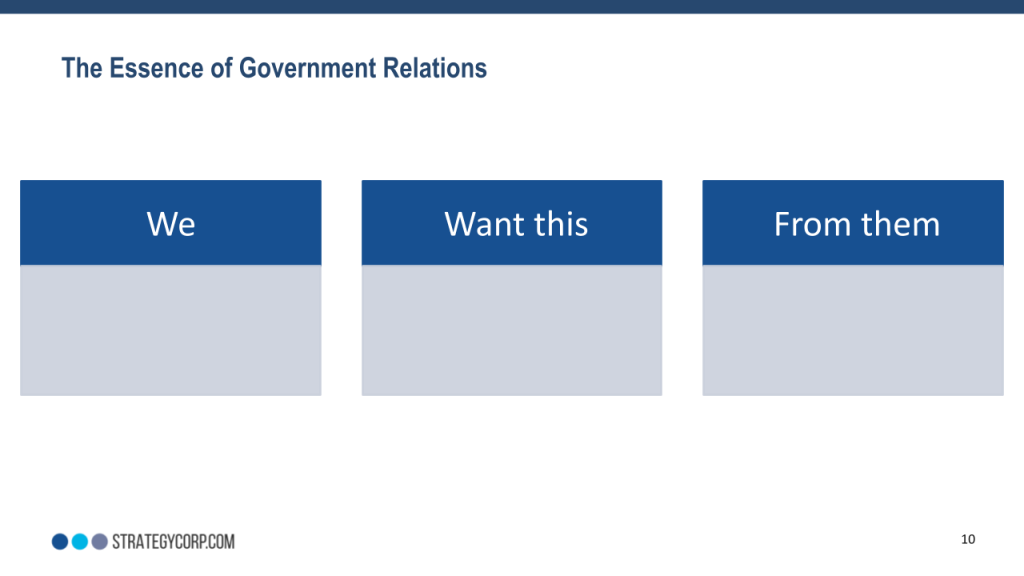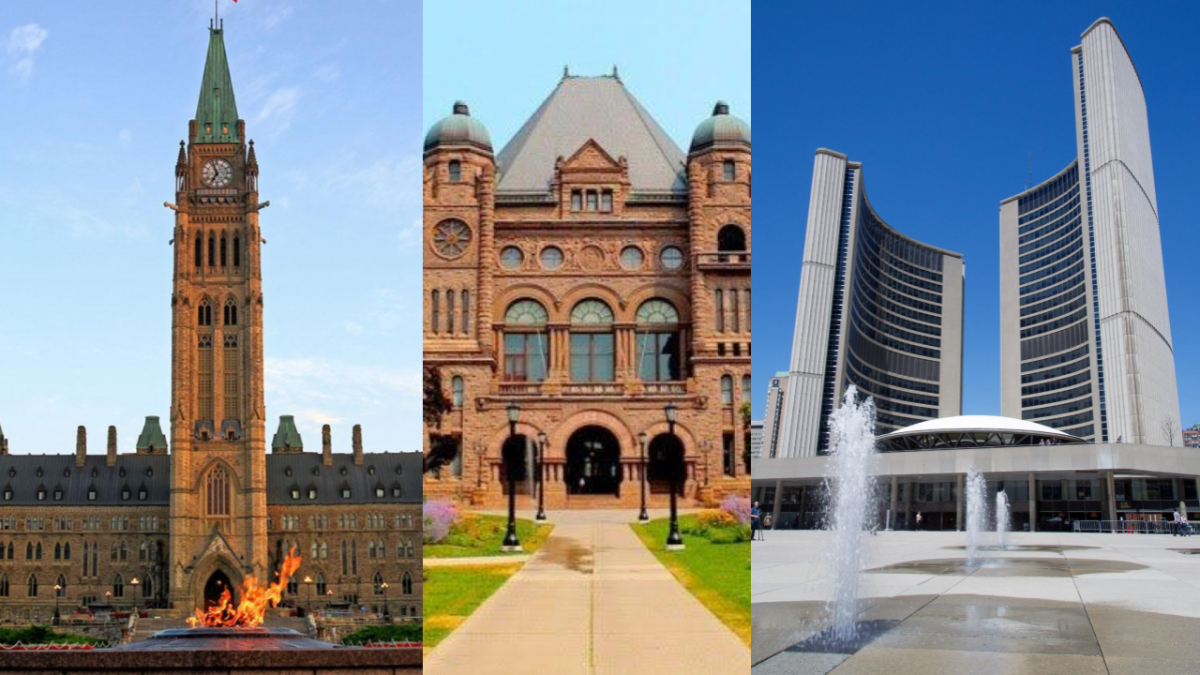On August 12th, Aidan Grove-White of StrategyCorp delivered a compelling “how-to” workshop on government relations and effective lobbying for RSI’s Community Climate Action Initiative, with a focus on St. James Town.
Connecting with the right government decision-maker and influencer stakeholders is critical for mobilizing climate action in urban communities. What’s also important is knowing who to engage and for what purpose – beyond just a meeting.
To get things started, Aidan provided a simple “we, what, who” strategic framework to help guide a results-based government relations engagement – beyond a one-time meeting. Here are a few highlights:
- The definitions of government relations, public affairs, and lobbying
- The differences between them
- How they can all be done ethically
- How can we use them to improve life in St James Town, especially with regards to climate change?
Aidan pointed out that lobbying the government for any sort of change is an essential part of any democratic society, and it is a core right to communicate with and seek to influence government in order to keep the power in the hands of the people. He also explained the difference between government consultation and lobbying, and why both are important processes for igniting change.

He also pointed out that, unfortunately, those who most need to lobby the government, especially about climate change, often don’t have the resources or influence to connect with those in power to get what they need. This is especially true in St. James Town, which often falls out of the spotlight when it comes to climate issues, and doesn’t get the help that it needs as a neighbourhood.
So what can St. James Town residents do about it?
Well, said Aidan, there are ways to get their attention. One of the best ways is to try and connect directly with someone who has an active interest in your cause. They could be a local councillor, MP, or MPP; they could also have a wider active interest in the issue affecting your area.
If you do manage to secure a meeting, go in with a clear idea of what you want to happen at the end of it. How do you want the person you’re meeting to act or follow up? Think about your calls to action, and make sure they’re at the heart of what you’re doing.
Lastly, don’t get caught in the “awareness trap”. While it is good to have an elevator pitch in mind, meetings with officials should be action-based, rather than explaining your cause. Tell them what you want them to do, why they should want to do it, and then be ready with ideas on how they can help you achieve your goals.
This can all be summarized as “We…want this…from them”:

The next part of the workshop opened up the floor to a more interactive element, where Aidan worked with the attendees to talk through their own potential lobbying needs for St. James Town. Attendees asked about various topics, including:
- Food security, and how to get funding for food security resources in the area: how to find out about and access funding streams
- How to get St. James Town recognized as a Neighbourhood Improvement Area, in order to get access to the extra settlement services needed for the newcomers that live there
- Getting access to public buildings in order to improve Emergency Preparedness in the area, and how to contact the right person
- How to form cohesive mandates between organizations that have roughly the same goals, and how to form that mandate into a public affairs strategy
- General tips, tricks, and information in order to lobby for better regulation and rule changes
Aidan expertly went through how his template could be applied for each of these situations, as well as pointing out available resources that will help attendees find the people and departments to contact.
Aidan emphasized that it is every person’s right to make demands on the government, and that democracy suffers when people don’t or can’t.
He also had this to say of the event overall:
“St. James Town Climate Action Community Project can be their own best advocates to government decision-makers – but they need to make sure they use scarce resources wisely. This includes how they use their own time and other people’s attention, and the best way to do that is to start with a solid government relations strategy.”
Interview with Aidan Grove White

